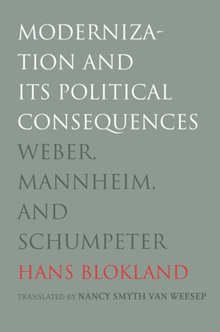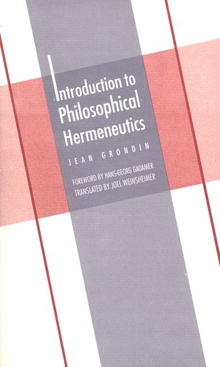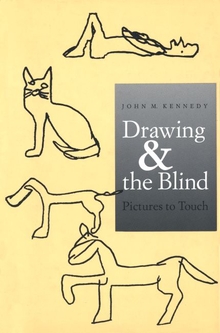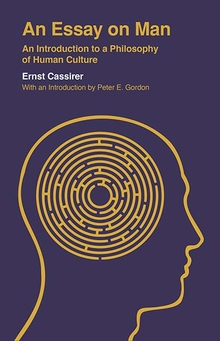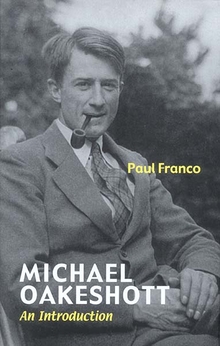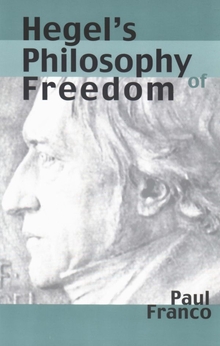The Political Philosophy of Michael Oakeshott
WARNING
You are viewing an older version of the Yalebooks website. Please visit out new website with more updated information and a better user experience: https://www.yalebooks.com
Paul Franco
"'Political Education' . . . has been usefully assembled with five other of Oakeshott's essays on education and republished under the well-justified title The Voice of Liberal Learning. . . . Paul Franco has produced a fair, readable, and clear account of one of the best, if one of the most tantalisingly elusive, of English political theorists. . . . He gives an excellent summary of Oakeshott's view that rationalism has had a disastrous impact on political life in the West."—Ian Gilmour, London Review of Books
"In this first full-length study of Oakeshott, Franco isolates three of Oakeshott's signal contributions to contemporary political philosophy: his 'defense of the idea of political philosophy, his critique of rationalism, and his restatement of liberalism.' Franco proves his mastery of Oakeshott's writings from the very start by taking the reader through Experience and Its Modes (1933), locating Oakeshott's skeptical defense of philosophy: in a field occupied by Hobbes, Hegel, and Collingwood, and suggesting how this initial defense is the ground for his later writings. . . . Franco mounts an impressive case for the coherence of Oakeshott's political philosophy: the author makes transparent the presuppositions on which this philosophy rests and demonstrates how contemporary disputes in political theory are at once addressed and transcended by Oakeshott's theory of civil association."—Choice
"Paul Franco provides the first book-length study to address the entire span of Michael Oakeshott's published works. . . . Franco is at his best here. He writes as concise and accessible an account of the general architecture and conceptual furniture of Idealism as this reviewer has seen. Even torn from its context of explicating Oakeshott, his explanation would serve wonderfully as a primer to the philosophies of Hegel, F. H. Bradley, T. H. Green, or Josiah Royce. . . . Franco's survey is sure to provoke readers who have yet to look at Oakeshott in the original to do so."—Daryl H. Rice, Perspective on Political Science
"Paul Franco has performed a useful service to teachers of the history of modern political thought and coherently shown where Oakeshott's articulation of the civil and political dimensions of moral individualism fits in . . . and he has explicated Oakeshott's thought with sufficient detail, patience and lucidity, as to allow the careful, new student (or teacher) to begin an apprenticeship to Oakeshott's way of reflecting on political matters."—Wendell John Coats, Jr., Review of Politics
"Franco performs a valuable service in presenting an overview of Oakeshott's political work and offering a lucid and persuasive account of the attack upon rationalism. In a world in which modern Conservatives engage in permanent revolution and the orthodox left looks back to its past, the placing of 'tradition' on the political agenda is timely."—Chris Lawn, Radical Philosophy
"A very good book on Michael Oakeshott's thought. . . . A careful, scholarly exposition of Oakeshott's thought. . . . The greatest merit of this meritorious book is that Franco helpfully explicates, walks the reader through, Oakeshott's terse, dense, wide-ranging masterpiece, Experience and Its Modes, and proves the importance of studying that book."—Paul Nelson, Journal of Politics
Publication Date: September 2, 2014


